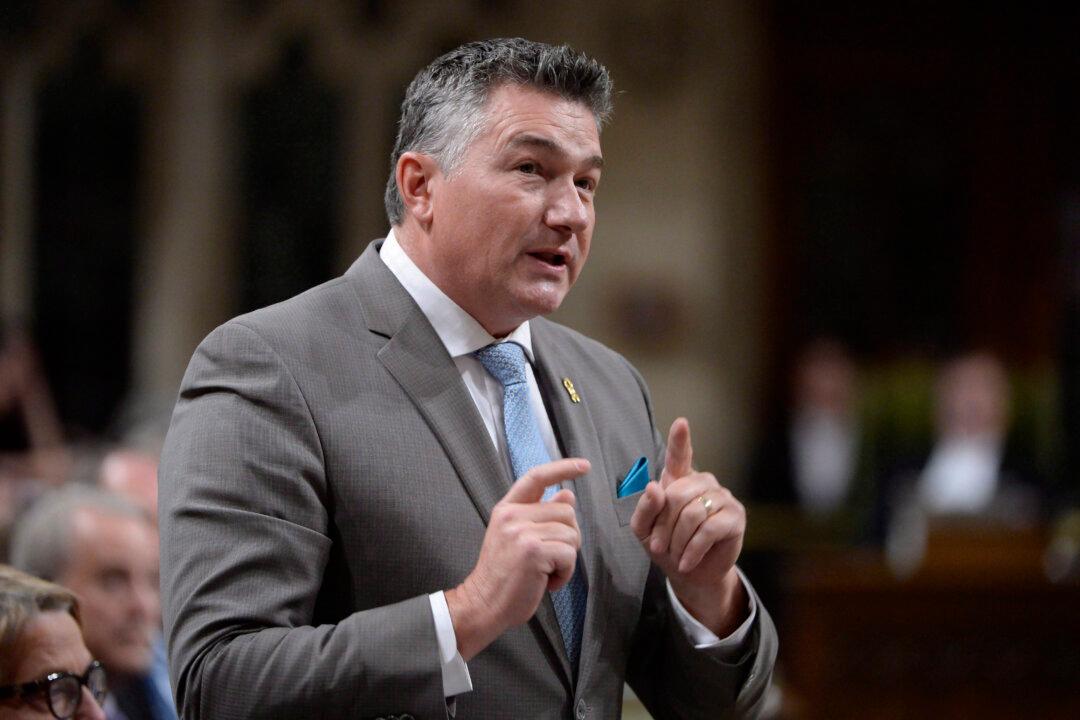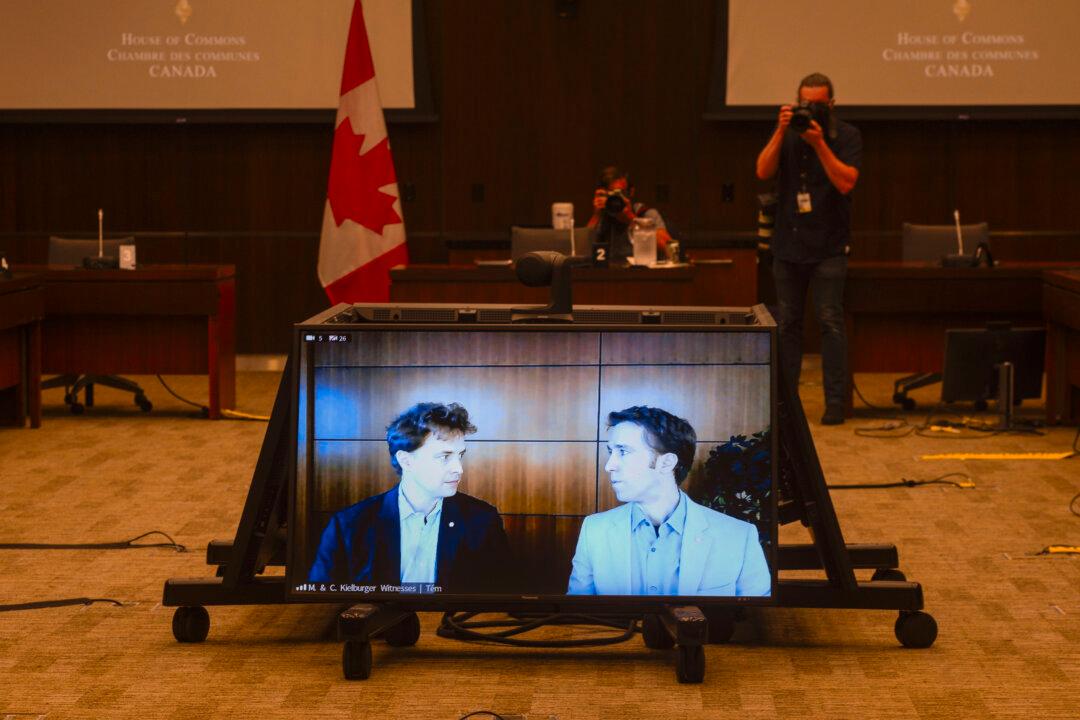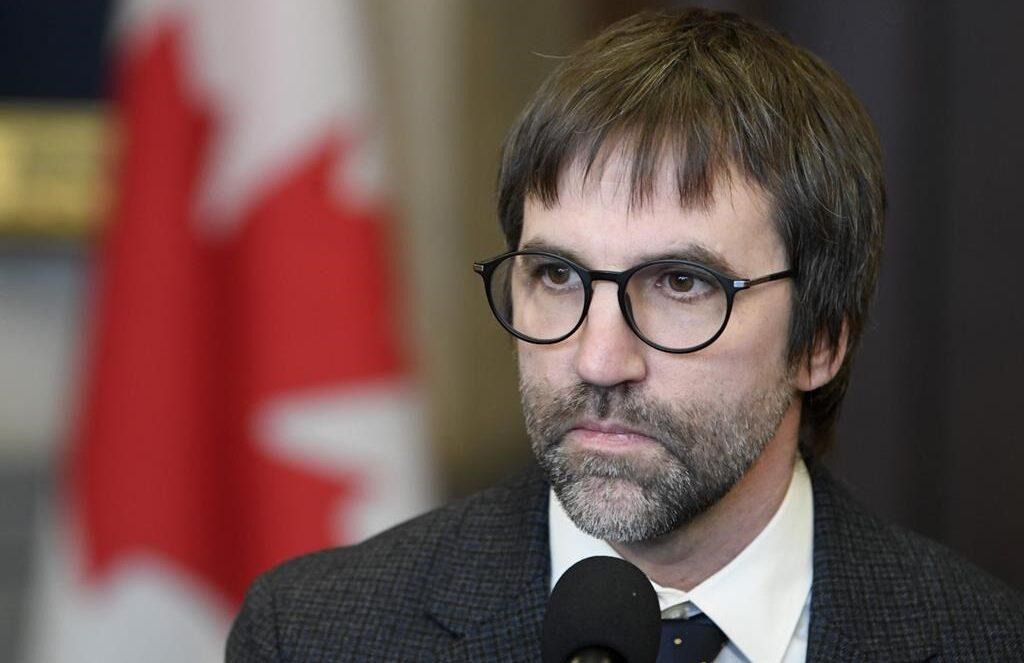As the world grapples with the COVID-19 pandemic, several MPs say Canada should join its allies in calling for an international, independent inquiry into the Chinese Communist Party’s handling of the outbreak and hold the regime accountable for its actions that led to the pandemic.
“An investigation has to take place, and we need to make sure that everybody understands the gravity of what’s happened and also start talking about the consequences that the Chinese Communist Party [CCP] will face,” MP James Bezan, the Conservative shadow minister for national defence, said in an interview.





